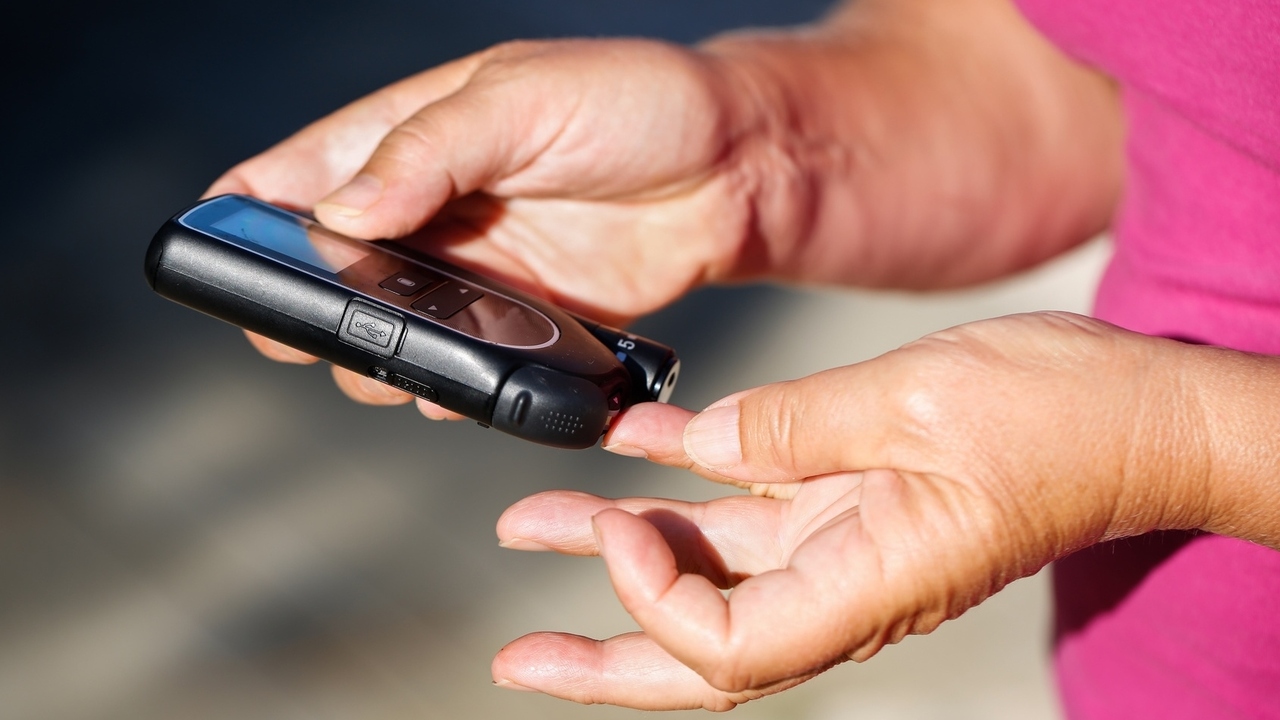 gstockstudio/Fotolia
gstockstudio/Fotolia
For women living with diabetes, gender may affect many aspects of the disease, including how difficult it is to control, and what additional complications may develop.
Diabetes is a condition that affects how your body uses sugar for energy. Insulin is a hormone produced by the pancreas that acts as a key to allow cells to open and receive sugar from the blood.
When insulin is not available, excess sugar accumulates in the blood and causes damage to blood vessels, organs and other systems throughout the body. High levels of sugar in the blood can also increase the risk of other serious medical conditions including heart disease and stroke.
In 2012, approximately 29 million people in the United States had diabetes, which amounts to 9.3 percent of the total population. Of those, 15.5 million were men and 13.4 million were women, reported the CDC.
While both men and women require similar treatments to control diabetes, women in general may have a harder time controlling their blood sugar levels. This may be especially true during puberty, when young women’s hormone levels are fluctuating.
Changes in hormone levels can affect the body’s ability to effectively use insulin. This means a woman’s need for insulin or for medications to regulate blood sugar levels may fluctuate along with her monthly cycle.
Researchers at the Queensland Clinical Trials and Biostatistics Center at the University of Queensland in Herston, Australia also noted several discrepancies the risks associated with type 1 diabetes between men and women.
People with type 1 diabetes do not produce any insulin, and must receive it either through multiple daily injections or through an insulin pump that continually supplies insulin.
The researchers’ analysis of 26 studies that included over 200,000 people revealed that type 1 diabetes poses a greater risk of death for women than for men. Women with type 1 diabetes were found to have a 37 percent greater risk of dying from a stroke, compared to men with type 1 diabetes.
They also found that women with the disease had a 44 percent greater risk of dying from kidney disease than men with type 1 diabetes. Excess sugar in the blood can damage the kidneys. In the general population, men have a higher risk of developing kidney disease than women. Women typically do not develop kidney disease until they go through menopause.
But women with diabetes lose that advantage and are as likely as men to develop kidney disease at any age. Some scientists believe this may be due in part to lower levels of estrogen in women who have diabetes. Lower levels of estrogen are believed to contribute to kidney disease.
"The findings suggest that young girls and women with type 1 diabetes may need additional monitoring, not only to ensure that they are keeping their blood sugar levels under control, but also to make sure that their levels for other major risk factors, such as blood pressure, are also closely monitored," said Rachel Huxley, lead researcher of the Australian study.
Dr. David Simmons, a professor of medicine at the University of Western Sydney in Penrith, Australia and one of the study authors, added that the research suggests that excess sugar in the blood causes more damage to blood vessels in women than in men. This can increase a woman’s risks of heart disease and stroke.
If you have diabetes, talk to your health care provider about your potential risks for other conditions, including heart disease and stroke.
Sources:
American Diabetes Assocation. Diabetes Basics. Web. November 18, 2015.
http://www.diabetes.org/diabetes-basics
Centers for Disease Control and Prevention. National Diabetes Statistics Report, 2014. Web. November 18, 2015.
http://www.cdc.gov/diabetes/pubs/statsreport14/national-diabetes-report-...
Healthday. Type 1 Diabetes More Deadly for Women Than Men, Study Finds. Steven Reinberg. Web. November 18, 2015.
http://consumer.healthday.com/senior-citizen-information-31/misc-death-a...
Diabetes Forecast. How Diabetes Differs for Men and Women. Erika Gebel, PhD. Web. November 18, 2015.
http://www.diabetesforecast.org/2011/oct/how-diabetes-differs-for-men-an...
Reviewed November 20, 2015
by Michele Blacksberg RN
Edited by Jody Smith





Add a CommentComments
There are no comments yet. Be the first one and get the conversation started!